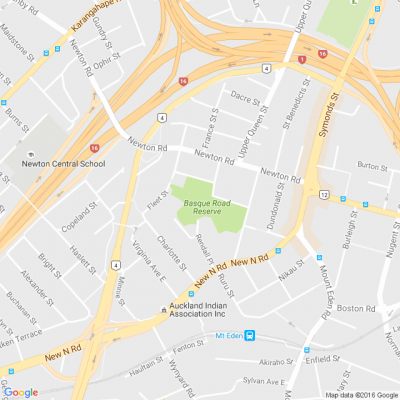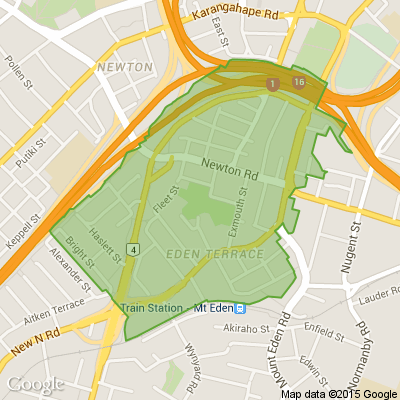Te Oranga o te Wairua (The Well-being of the Spirit) - Day 26
Te Oranga o te Wairua (The Well-being of the Spirit)
In a quiet village nestled between the lush mountains of Aotearoa, a young man named Rangi lived with his whānau. Rangi was admired for his sharp wit and industrious spirit. He dreamed of owning the finest taonga, treasures that would elevate his mana and make him the most respected rangatira in his iwi. Every day, he toiled in the bush, carving pounamu and trading with merchants from afar. Soon, his whare was filled with beautiful adornments, rare cloaks, and gifts from distant lands.
Despite his success, a strange emptiness lingered in Rangi’s heart. The more he gained, the less joy he felt. One evening, he sought the wisdom of Kuia Marama, an elder known for her connection to the wairua realm. She sat by the embers of her fire, weaving harakeke.
“Kuia,” Rangi began, “I have everything I ever wanted, yet I feel nothing but restlessness. Why is my heart not content?”
Marama looked up, her eyes shimmering like the stars of Matariki. “My moko, you have gathered treasures for the body but forgotten the treasures of the spirit. True oranga comes not from what you hold but from what you give.”
Confused, Rangi asked, “What must I give?”
The kuia handed him a kete woven with care. “Take this into the ngahere. Inside, place not things, but acts of aroha.”
Rangi obeyed, though he did not fully understand. In the forest, he saw a tūī struggling with a broken wing. He cared for the bird until it flew freely again. He came across a stream clogged with fallen branches and cleared its path. At a nearby marae, he helped an elderly man plant kumara for the coming season.
Day by day, Rangi felt his spirit lighten. His heart sang like the tūī, and his sleep grew deep and restful. When he returned to Kuia Marama, his kete was empty, but his heart was full.
“Kuia,” he said, “I see now. Happiness is not a prize to win but a river to flow through.”
The elder smiled. “You have learned the secret of manaakitanga, Rangi. By uplifting others, we uplift ourselves. Never forget the power of wairua, the bond that ties us to each other and to Papatūānuku.”
From that day on, Rangi lived not for wealth but for the well-being of his iwi and the land. He became a kaitiaki, a guardian of balance. His life was not marked by treasures of gold or greenstone but by the deep love and respect of his people.
And in giving himself selflessly, Rangi found a joy greater than he had ever imagined — a joy that echoed through the mountains, the rivers, and the stars.
Ka ora te tangata i te aroha. (Through love, the people thrive.)
Moral of the Story:
True happiness and fulfilment come not from accumulating material wealth or seeking status but from cultivating a deep connection to others, to nature, and to our spiritual essence. By practicing manaakitanga — selfless care and generosity — we not only uplift those around us but also discover the richness and peace within ourselves. In giving to others and honoring the wairua of all things, we find our place in the greater harmony of life.
Chapter Book and Tea Shop Jan-Feb 2026 Book Catalogue
📚 JAN-FEB 2026 BOOK CATALOGUE 📚
Welcome back and best wishes for 2026! The new year sees the arrival of lots of goodies including Ilona Andrews’ BEAST BUSINESS (Hidden Legacy Series—Novella), Mary Balogh’s REMEMBER THAT DAY (Ravenswood Series), Christine Feehan’s DARK JOY (Dark Carpathian Series), Jayne Ann Krentz’s THE SHOP ON HIDDEN LANE (Set in Fogg Lake), Lauren Palphreyman’s THE NIGHT PRINCE (Wolf King Series), Leigh Rivers’ INSATIABLE (Edge of Darkness Series), J.D. Robb’s STOLEN IN DEATH (In Death Series), Nalini Singh’s SUCH A PERFECT FAMILY and more. Enjoy your reading!
NB. We have temporarily sold out of Mary Balogh’s “REMEMBER THAT DAY” and we expect it to be back in stock in around two weeks’ time.
Check out the catalogue at
chapter.co.nz...
Please see p.2 for the:
• Order link for signed copies of Nalini Singh’s SUCH A PERFECT FAMILY
• Pre-order link for signed copies of Nalini Singh’s ARCHANGEL’S ETERNITY
• Details of the Romance Writers of New Zealand Short Story Contest sponsored by Chapter (in April 2026).
• Details of the Auckland Romance Readers Book Club Monthly Meetings and Auckland Romance Readers Book Club Facebook Group.
For Orders, Enquiries or to check instore dates:
✉️ info@chapter.co.nz ☎️ 09-6232319 📱 021-635027
NB. Chapter’s trading hours are Tue–Sun 10–4. We are CLOSED on Mondays.
#ChapterBookandTeaShop #Tea #TeaShop #Books #Bookshop #RomanceBookshop #RomanceFictionSpecialist #BiMonthlyBookCatalogue

Poll: 🤖 What skills do you think give a CV the ultimate edge in a robot-filled workplace?
The Reserve Bank has shared some pretty blunt advice: there’s no such thing as a “safe” job anymore 🛟😑
Robots are stepping into repetitive roles in factories, plants and warehouses. AI is taking care of the admin tasks that once filled many mid-level office jobs.
We want to know: As the world evolves, what skills do you think give a CV the ultimate edge in a robot-filled workplace?
Want to read more? The Press has you covered!

-
52.7% Human-centred experience and communication
-
14.7% Critical thinking
-
29.6% Resilience and adaptability
-
2.9% Other - I will share below!
Brain Teaser of the Day 🧠✨ Can You Solve It? 🤔💬
Make a hearty dish. Take just half a minute. Add four parts of kestrel. Then just add one. What have you made?
(Trev from Silverdale kindly provided this head-scratcher ... thanks, Trev!)
Do you think you know the answer? Simply 'Like' this post and we'll post the answer in the comments below at 2pm on the day!
Want to stop seeing these in your newsfeed? No worries! Simply head here and click once on the Following button.







 Loading…
Loading…